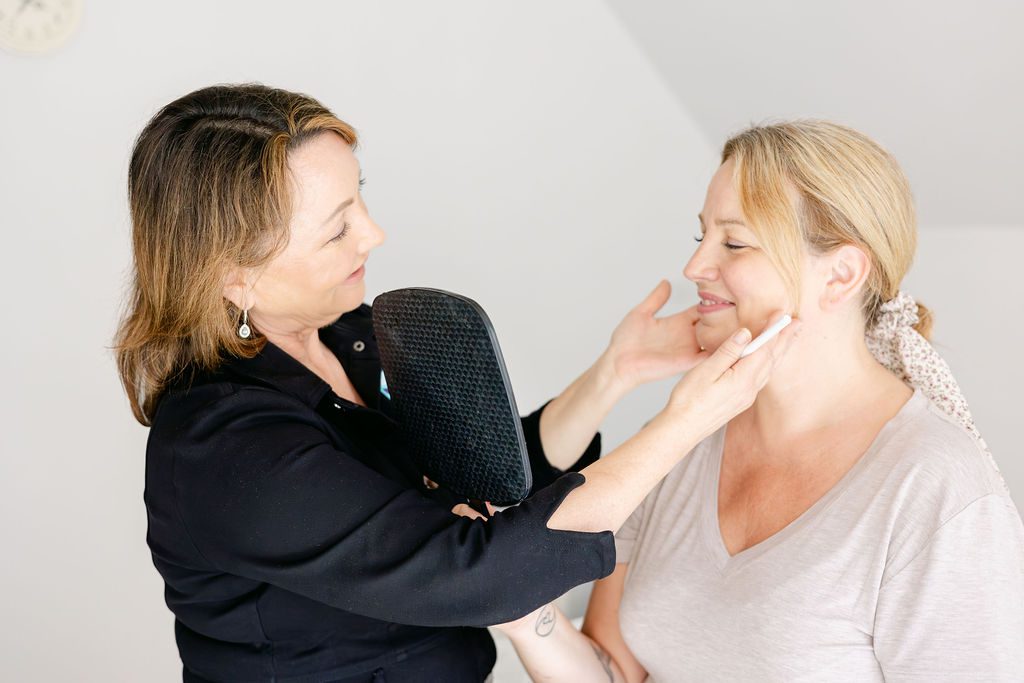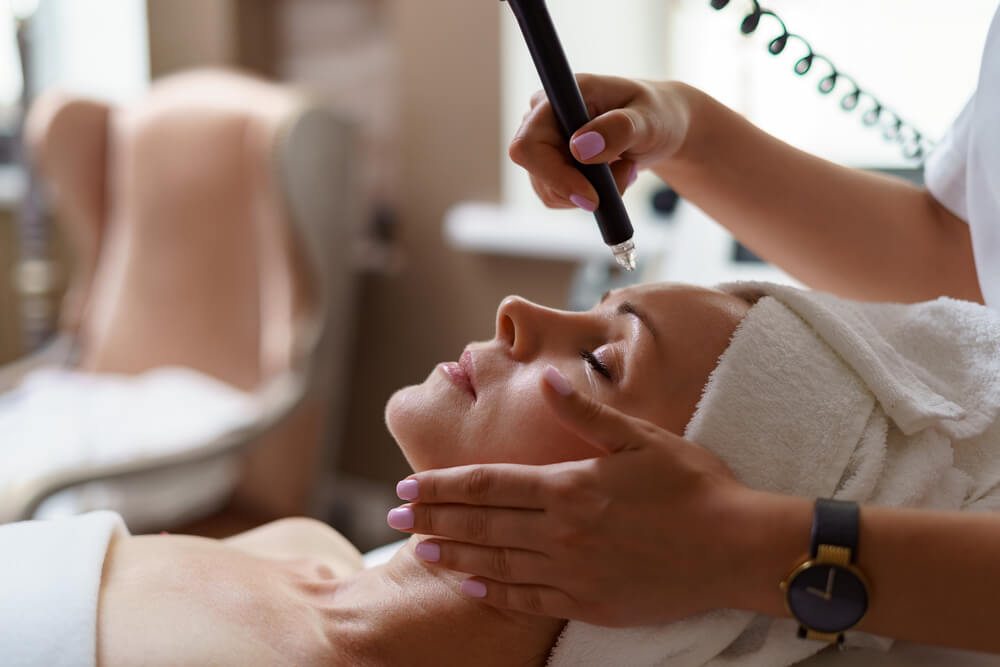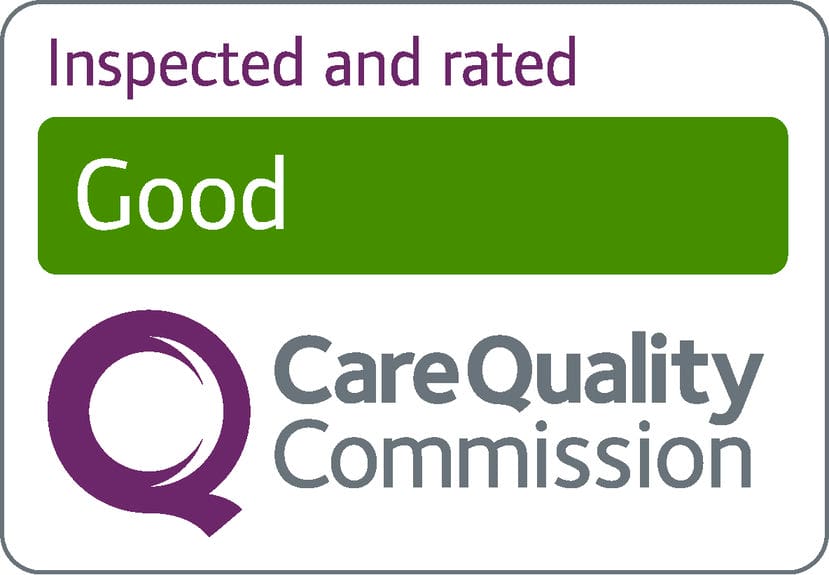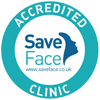This month the UK Government launched a public consultation regarding a potential aesthetic medicine licensing scheme in England. As you may already know, in the UK the aesthetic industry is poorly regulated in many areas; currently those with little or even no qualifications and training and no insurance can perform cosmetic treatments, such as botulinum toxin treatments (wrinkle relaxing injections) and dermal fillers, in settings with no set standards. As it stands, these lay injectors are not actually breaking the law.
Despite the lack of public protection, there are a few ways that you can ensure that you are being seen and treated by a qualified, trained, insured provider who works with legitimate treatments in a safe environment. Save Face and the Care Quality Commission are fantastic tools to help you find a provider who you know will have gone through a robust process to prove that they’re safe, qualified, and operating from safe environments. We know how arduous those processes are, we’re accredited by Save Face and registered with the CQC, recently achieving a GOOD rating in all areas.
In our opinion, one of the things that makes the lack of regulation so frightening is that people can walk out of their office job, for example, and set up as an aesthetic injector with a spurious name and a social media page to advertise themselves, allowing them to operate like ghosts; they come to the client’s house and if they have a complaint or complication, they can easily block the client on social media and the client is left with no fixed address or way of getting hold of the person who treated them. If they close their social media page down, how do the clients get hold of them for help, let alone find them to make a claim against them? Sounds like a nightmare but sadly approved registers, such as Save Face, frequently have people contacting them with stories such as this.
Cosmetic treatments should not be trivialised, and ALL treatments have potential side effects and complications associated with them. However, inappropriately qualified and well-trained hands the risks are much reduced.
Part of this proposal suggests that treatments become RAG red, amber, or green, depending on how invasive they’re deemed to be; red being the most invasive requiring practitioners to be a doctor or CQC registered. ‘Amber’ would include injectable treatments, requiring medical supervision and ‘green’ treatments would be totally non-invasive treatments such as micro-needling, which won’t require supervision.
Founder of The Skin to Love Clinic, Jane Lewis, says:
“The launch of the public consultation is much welcomed. As healthcare providers we believe changes such as those put forward are greatly needed. I’ve been in this industry decades and the rise in non-medical practitioners performing treatments such as fillers is truly shocking to me. Furthermore, these lay people aren’t regulated by professional bodies, therefore they have no one to answer to; should something happen to those they treat they are simply free to continue treating people unsafely. There are no consequences for them. So, I’ll be interested to see what the government suggest needs to be the minimum requirement of education and further training for practitioners to obtain a licence to practice.”
Natalia, an Independent Nurse Prescriber at Skin to Love adds:
“This is definitely a long-awaited move in the right direction! We’re talking about medical treatments which pose risks of aesthetic AND medical complications so they definitely should be performed by adequately trained practitioners. I always think a point to consider when researching your practitioner is that lay people have no GMC or PIN numbers nor professional registration that they can risk losing, this can make some cross boundaries. We have seen too many patients coming in with complications from injectables that their non-medical practitioner refused to, or was unable to, resolve due to lack of expertise or resources.”
What Do You Think?
The consultation is open until 28 October 2023 and you are encouraged to share your views on the scope of the licensing scheme for non-surgical cosmetic procedures in England; you can do so here.
Disclaimer: This blog is not to be used for diagnostic purposes. We are all unique which means that our results, recovery and suitability for any type of treatment will vary. Always seek the advice of a professional should you have any health or cosmetic concerns or to discuss treatments specifically for you.





